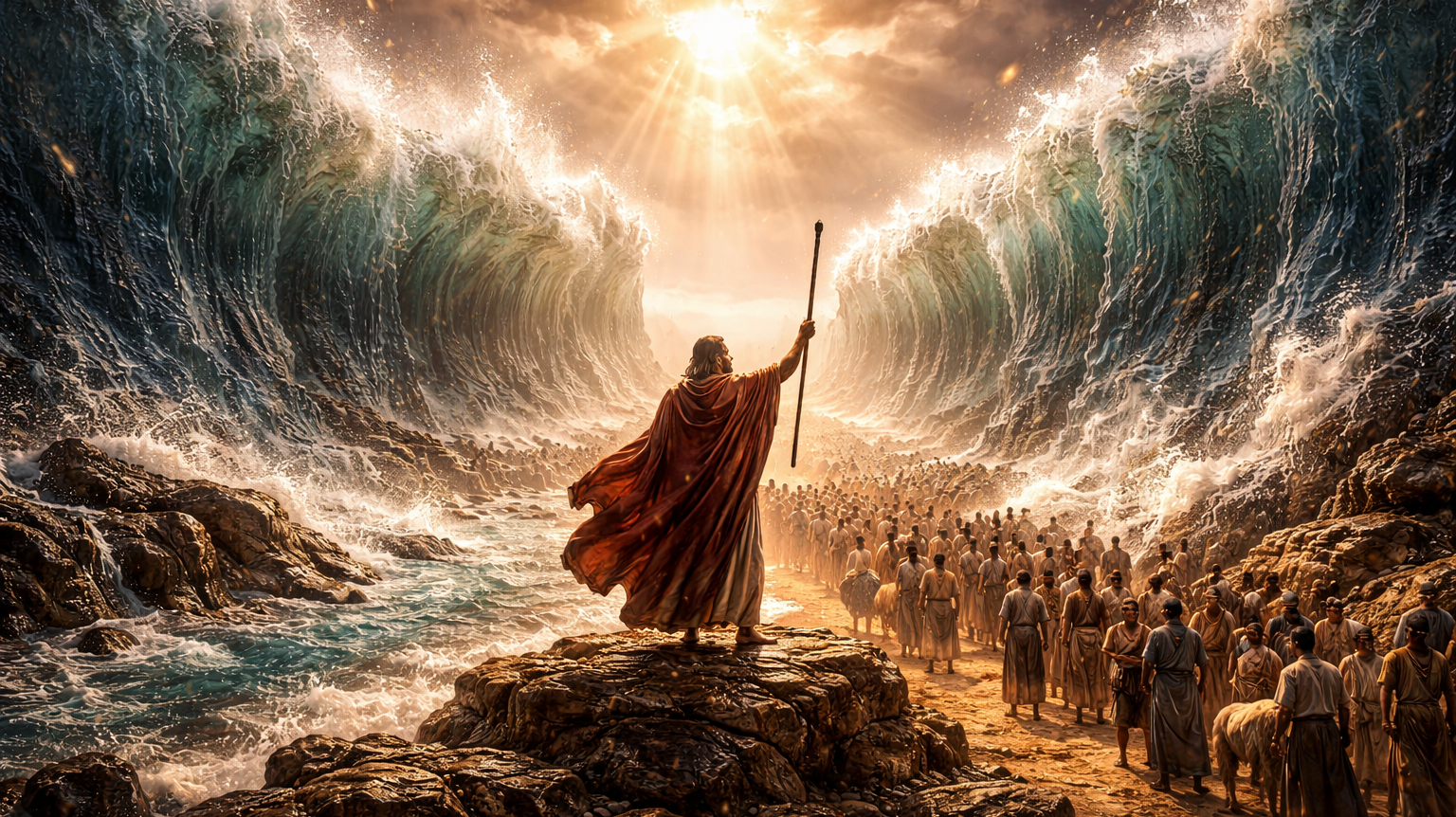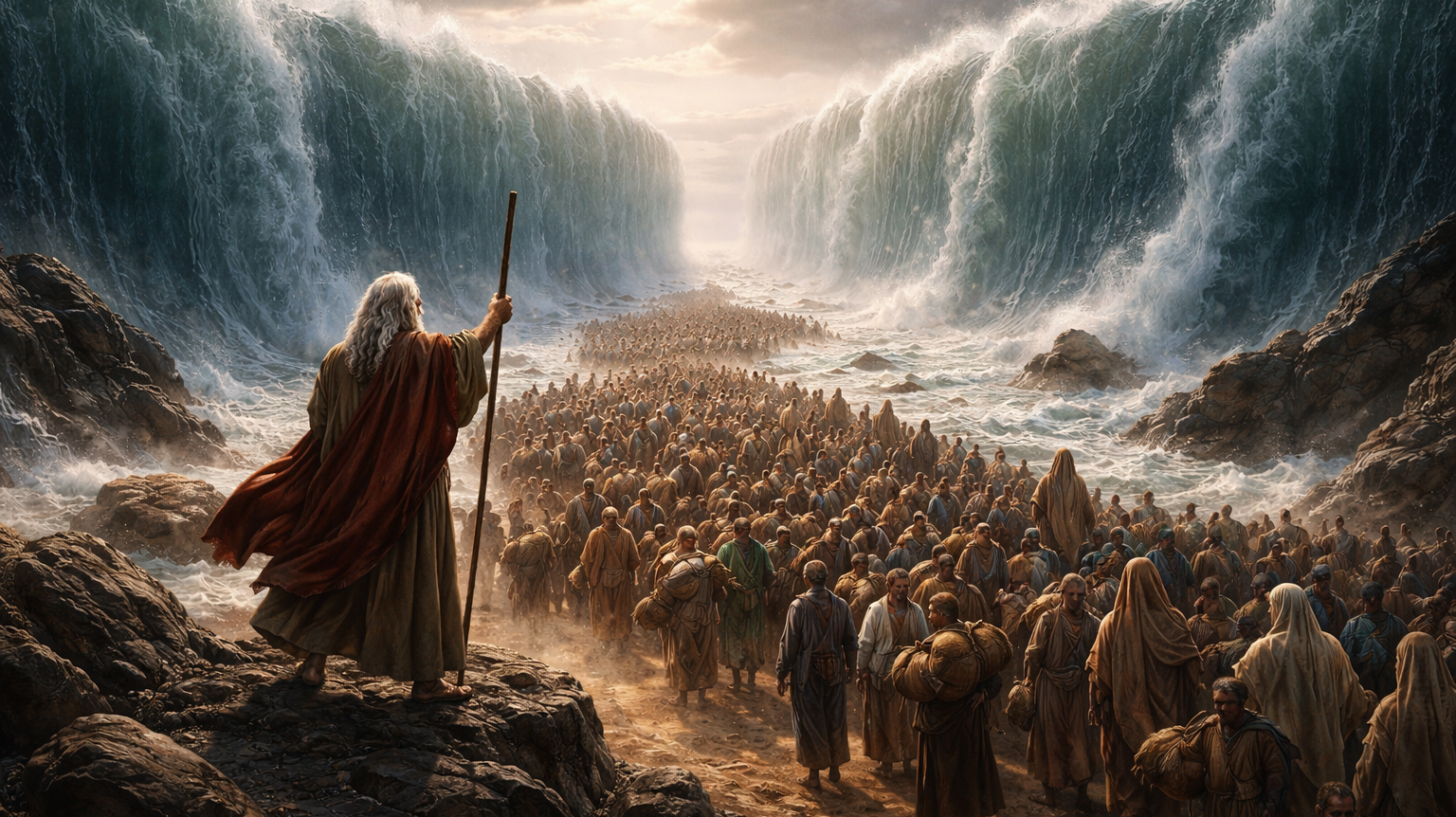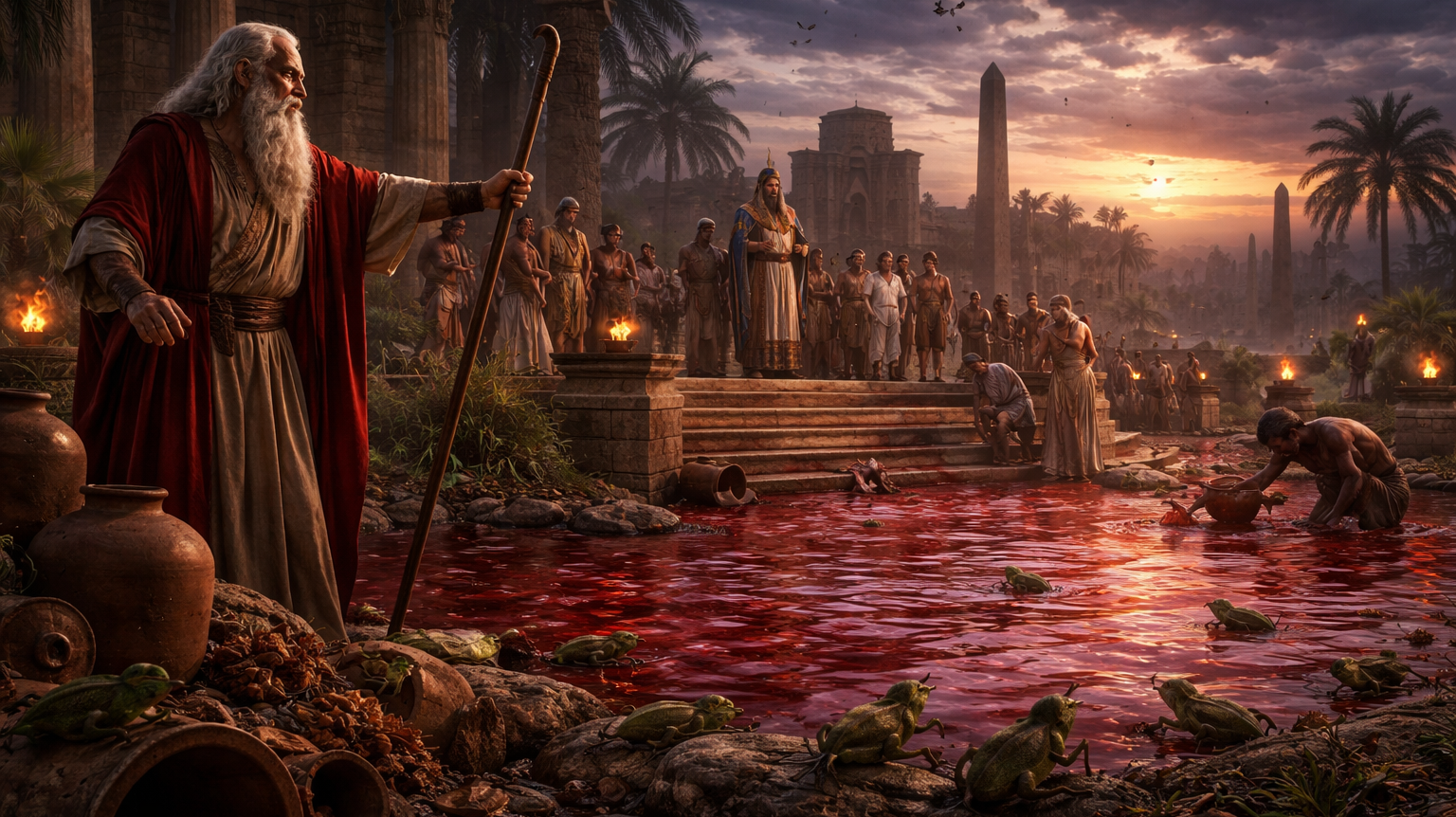The prophet Habakkuk stands out among the minor prophets for his raw honesty, bold questions, and deep trust in God. Though his book is only three chapters long, it holds powerful lessons about faith, justice, and God's sovereignty.
1. Habakkuk Was a Prophet Who Questioned God
Unlike other prophets who delivered messages from God to the people, Habakkuk spoke directly to God on behalf of the people. He boldly asked why God allows evil and injustice to continue.
Habakkuk 1:2 – "O Lord, how long shall I cry for help, and you will not hear? Or cry to you 'Violence!' and you will not save?"
2. His Name May Mean “To Embrace” or “Wrestler”
The name "Habakkuk" is believed to mean “to embrace” or “wrestler.” This fits his role as someone who wrestled with deep questions about God’s justice, yet embraced God’s will.
| Name | Possible Meaning |
|---|---|
| Habakkuk | Embrace, Wrestle |
3. He Lived During a Time of Great Injustice
Habakkuk prophesied in Judah, likely during the late 7th century B.C., a time filled with corruption, violence, and threats from Babylon. He was distressed by the moral and spiritual decay of his people.
Habakkuk 1:3-4 – "Destruction and violence are before me; strife and contention arise. So the law is paralyzed, and justice never goes forth..."
4. God Told Him Babylon Would Be His Tool of Judgment
Habakkuk was shocked to learn that God would use the ruthless Babylonians to punish Judah. This seemed unfair to him since Babylon was even more wicked.
Habakkuk 1:6 – "For behold, I am raising up the Chaldeans, that bitter and hasty nation..."
| Nation | Sins | God's Response |
|---|---|---|
| Judah | Injustice, violence | Judgment coming |
| Babylon | Greed, pride | Used as instrument, later judged |
5. He Complained a Second Time
Habakkuk didn’t accept God’s answer quietly. He responded with another complaint, questioning why a holy God would allow a wicked nation to triumph.
Habakkuk 1:13 – "You who are of purer eyes than to see evil and cannot look at wrong, why do you idly look at traitors?"
6. He Waited Patiently for God's Reply
After raising his questions, Habakkuk stood watch like a guard waiting for God's response. This shows his faith in God, even as he struggled to understand.
Habakkuk 2:1 – "I will take my stand at my watchpost and station myself on the tower..."
7. God Told Him to Write the Vision
God answered Habakkuk with a vision and instructed him to write it down clearly so others could read and run with it.
Habakkuk 2:2 – "Write the vision; make it plain on tablets, so he may run who reads it."
8. The Righteous Shall Live by Faith
One of the most famous verses in Habakkuk, this line became central to New Testament teachings on salvation by faith.
Habakkuk 2:4 – "The righteous shall live by his faith."
This verse is quoted in Romans 1:17, Galatians 3:11, and Hebrews 10:38.
9. Habakkuk Ends with a Prayer and a Song
Chapter 3 is a powerful prayer that reads like a psalm. It praises God's mighty acts and ends with trust and joy in God, even in hard times.
Habakkuk 3:17-18 – "Though the fig tree should not blossom... yet I will rejoice in the Lord; I will take joy in the God of my salvation."
10. He Expressed Deep Joy Despite Suffering
Habakkuk closes with one of the most beautiful expressions of faith in the Bible. Even if everything falls apart, he chooses to rejoice in God.
Habakkuk 3:19 – "God, the Lord, is my strength; he makes my feet like the deer’s; he makes me tread on my high places."
Summary Table
| Fact # | Topic | Key Verse |
|---|---|---|
| 1 | Questioned God | Habakkuk 1:2 |
| 2 | Name Meaning | — |
| 3 | Context of Injustice | Habakkuk 1:3-4 |
| 4 | Babylon's Role | Habakkuk 1:6 |
| 5 | Second Complaint | Habakkuk 1:13 |
| 6 | Waited on God | Habakkuk 2:1 |
| 7 | Write the Vision | Habakkuk 2:2 |
| 8 | Righteous by Faith | Habakkuk 2:4 |
| 9 | Song of Prayer | Habakkuk 3:17-18 |
| 10 | Joy in Suffering | Habakkuk 3:19 |
























